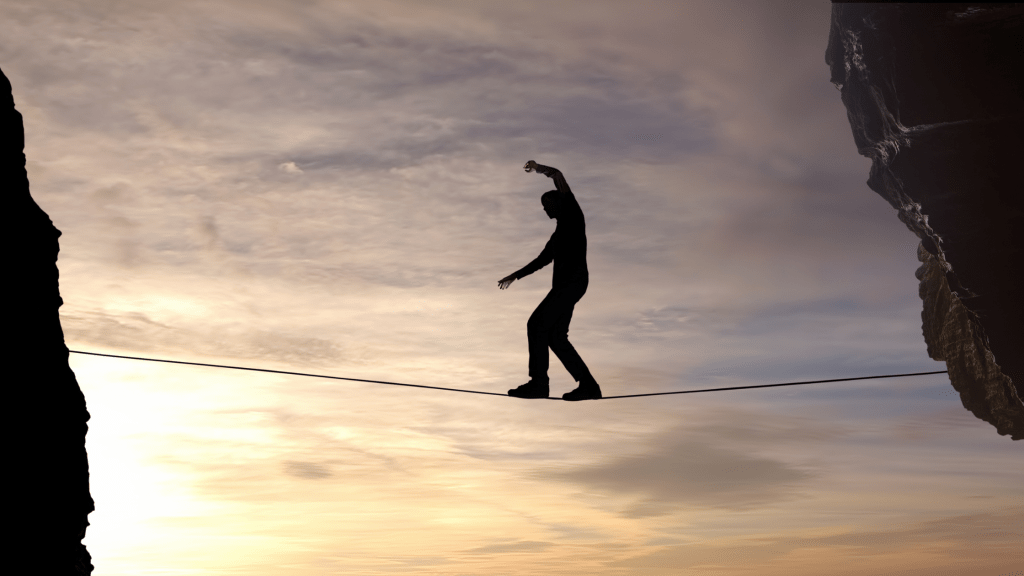8 habits of unproductive people

A little while back, I found myself engrossed in a lively chat with a bunch of incredibly inventive minds. Now, here's the quirky part – despite their undeniable brilliance, they were stuck in the unproductive maze. It was like a brilliant symphony playing out in a silent theater, where the curtain on their productivity had dropped.
These were individuals who had dazzled with their creativity, yet struggled to wrangle their productivity levels. As we delved deeper, a striking truth shone through – they had unwittingly forged intricate paths, perfect systems if you will, to thrive in the realm of unproductivity.
Their stories were so incredible fascinating, each thread weaving a unique journey into the labyrinth of inefficiency. And amidst this unconventional group, I was genuinely captivated by their accidental mastery of this peculiar art.
Again, I got curious... So I ask them to teach me their Perfect System on becoming virtuosos of unproductivity.
The outcome? An unexpected treasure trove of revelations, uncovering habits, perspectives, and strategies that often lead us astray from our full potential.
Let’s take a closer look how to become a master of unproductivity … and what to do instead. 😉
✔️ Neglect to Learning:
Productive people are perpetual learners. Embrace a daily practice of learning – read, research, and absorb educational content that fuels your growth. Transform your acquired knowledge into actionable steps that amplify your productivity.
✔️ Fall for Distractions:
In today's world, distractions clamor for attention. Tame distractions by focusing on tasks that genuinely matter. Slash disturbances and allocate specific periods for indulging in diversions, preserving your focused energy for what truly counts.
✔️ Get lost in strategy and planning & postpone action
While strategy and planning hold value, it's action that propels outcomes. Find the equilibrium between crafting strategies and implementing them. Remember, productivity thrives on doing, not just ideating.
✔️ Don’t Plan
A solid plan is the cornerstone of productivity. Meticulous individuals plot their days, weeks, and hours, ensuring each moment is purposefully allocated. Craft a roadmap that guides you through tasks, transforming your time into meaningful progress.
✔️ Never Prioritizing the Pivotal
Recognize the distinction between busyness and productivity. Shift your attention to tasks with substantial impacts. Dodge the trap of investing time in activities offering minimal returns; instead, focus on those driving significant growth.
✔️ Avoid Challenges
Achievers embrace challenges and persist through them. Productivity blossoms with unwavering commitment over time. Show up consistently and observe your productivity flourish as you overcome obstacles.
✔️ Get into the Worry Loop
Worry is a productivity drain. Redirect your energy into constructive action. Reflect on past accomplishments propelled by concerns, realizing the limitations of excessive worry and enabling focused progress.
✔️ Embrace Procrastination
Procrastination obstructs productivity. Transform it into a chance to engage in alternate productive pursuits. Channel your impulses toward tasks that propel advancement and redirect your energy towards meaningful accomplishments.
Become the Master of Your Time !
Let’s face it, we all get the same 24 hours in a day – no more, no less. Yet, those who truly succeed have a secret: they’ve cracked the code on making every second count. They’ve let go of unproductive habits that drain energy and focus. As you bid adieu to these counterproductive patterns, a world brimming with untapped potential awaits.
So, are you ready to roll up your sleeves and design a life bursting with productivity and triumph?
But wait, I am curious: What’s your signature unproductive habit, and how do you plan to master it?
8 habits of unproductive people Read More »











